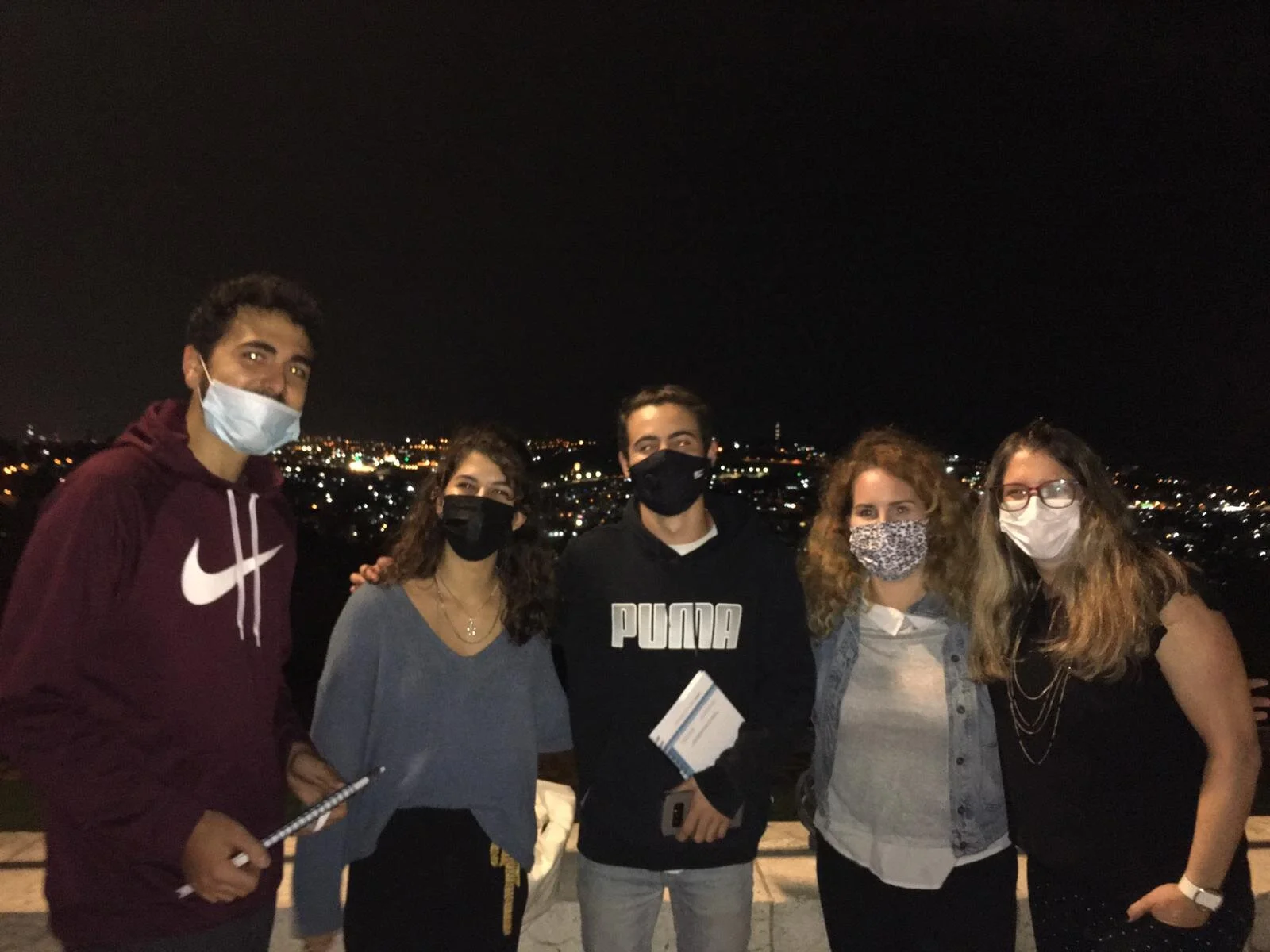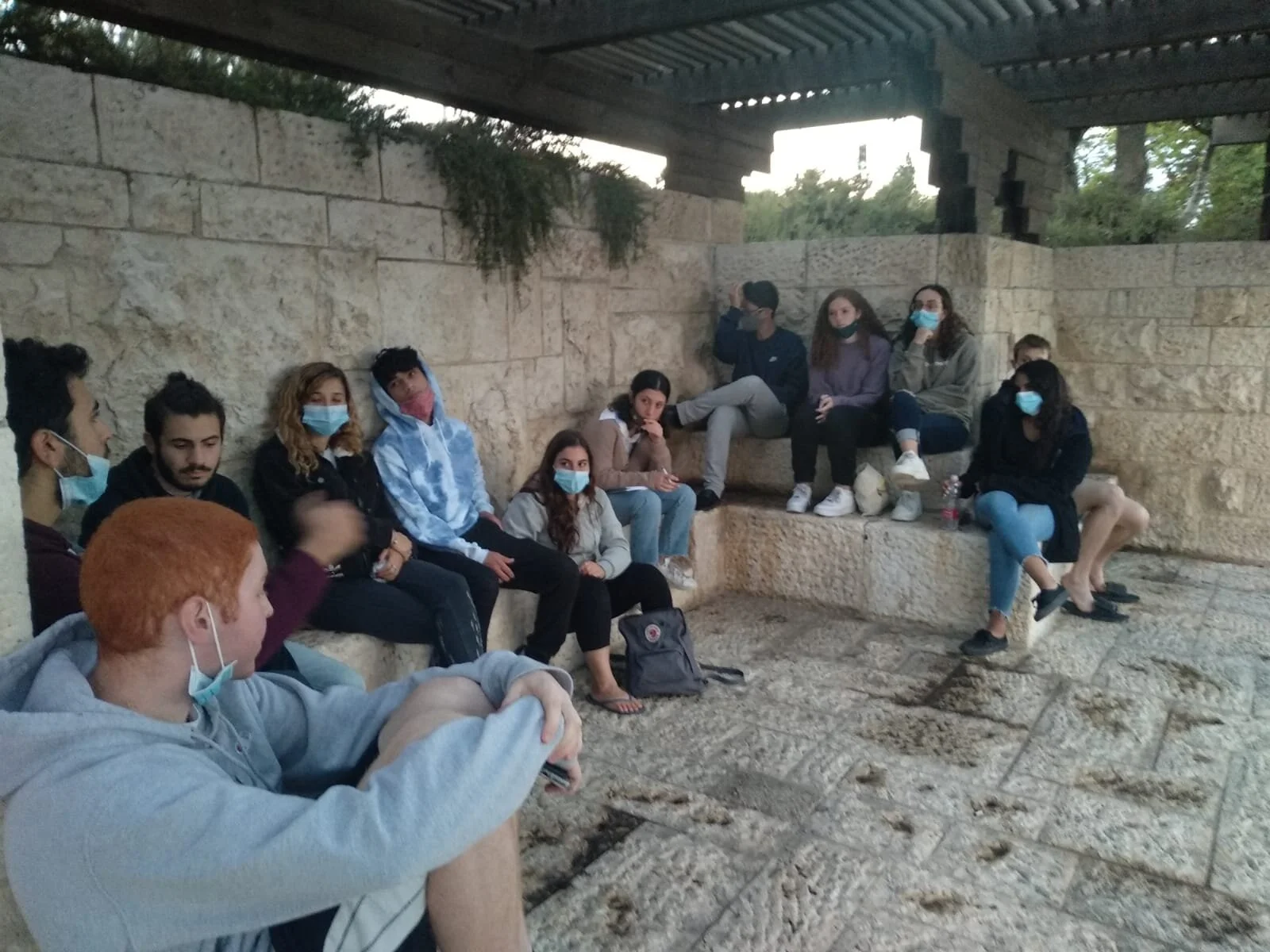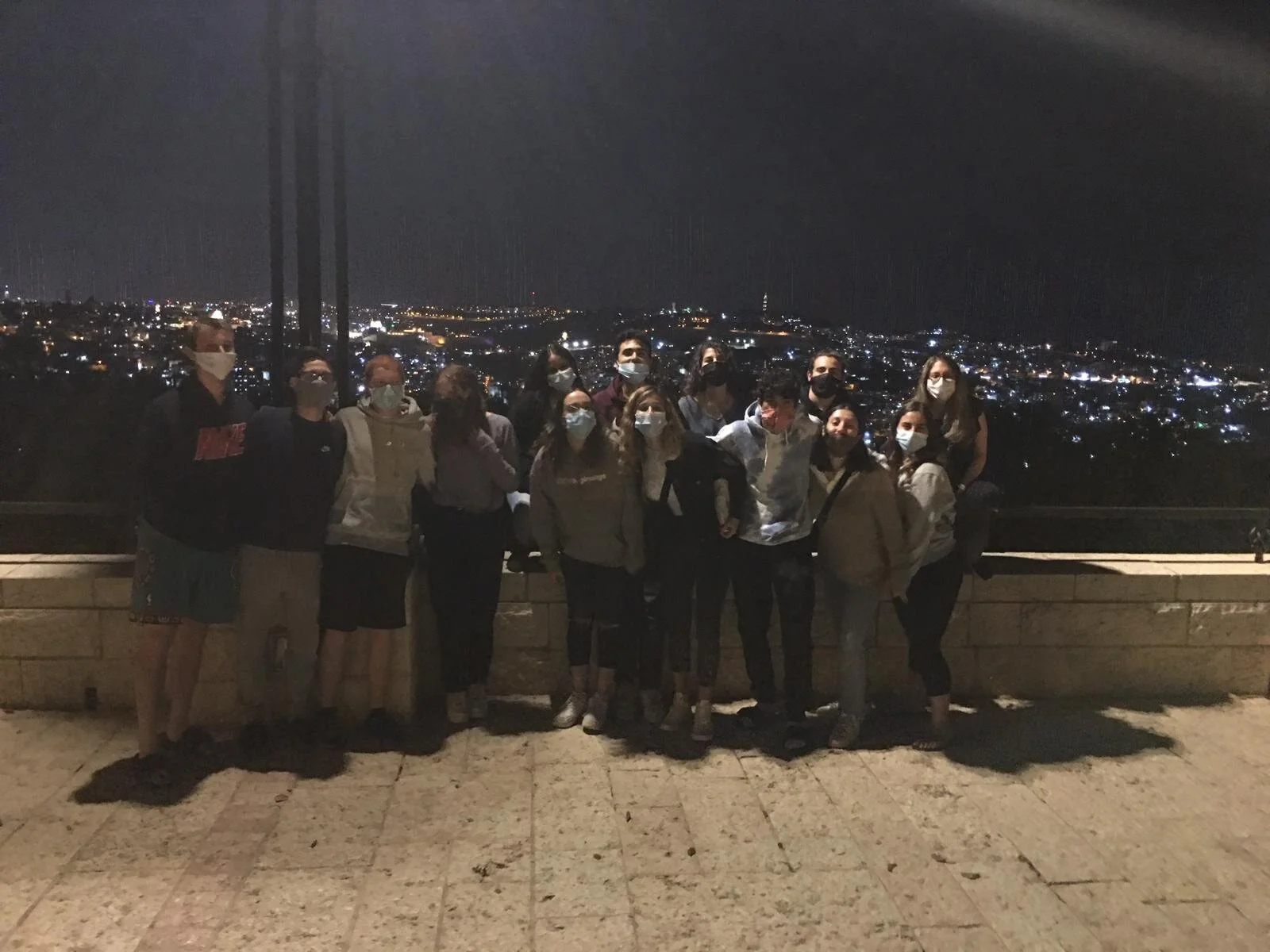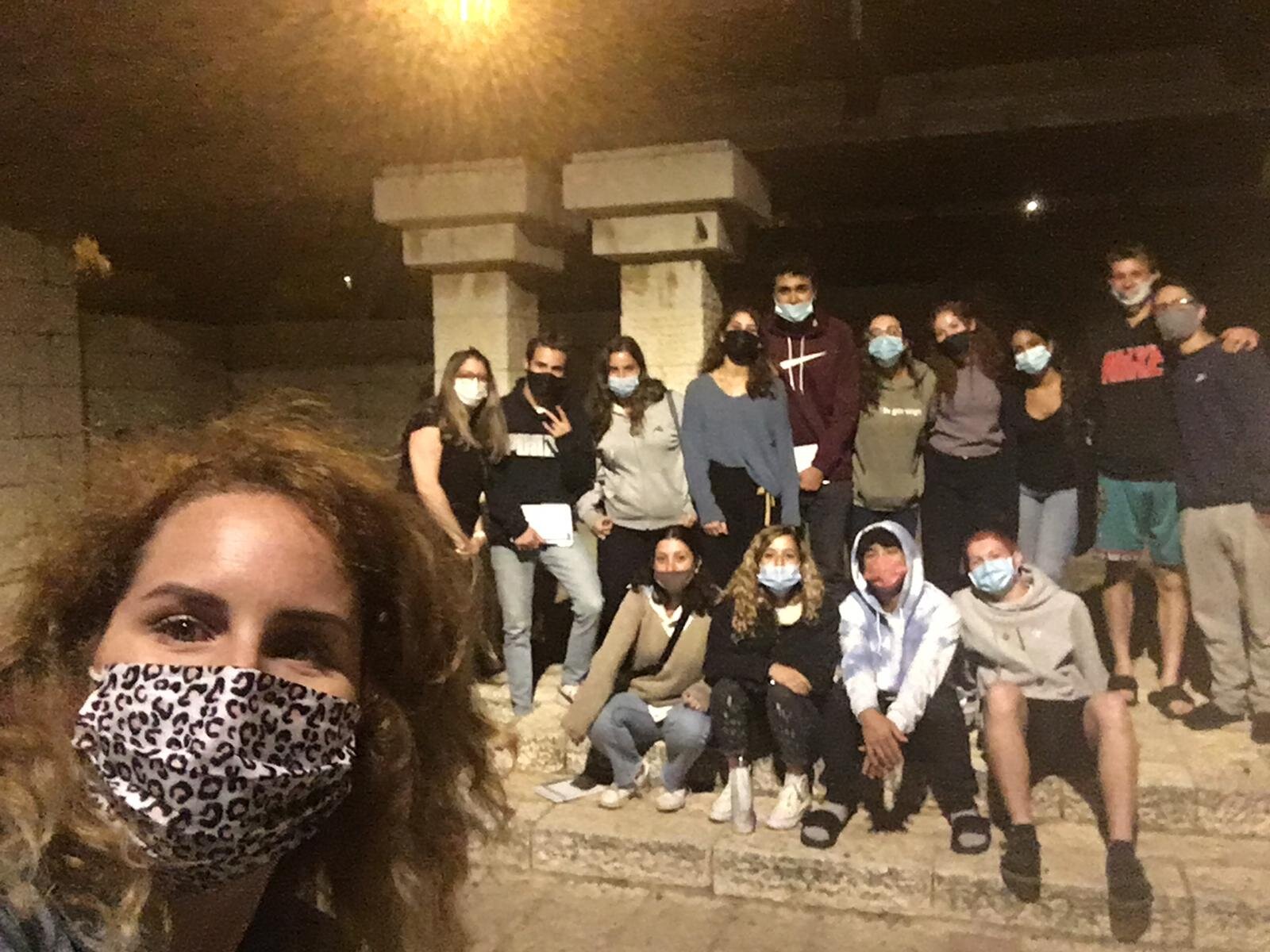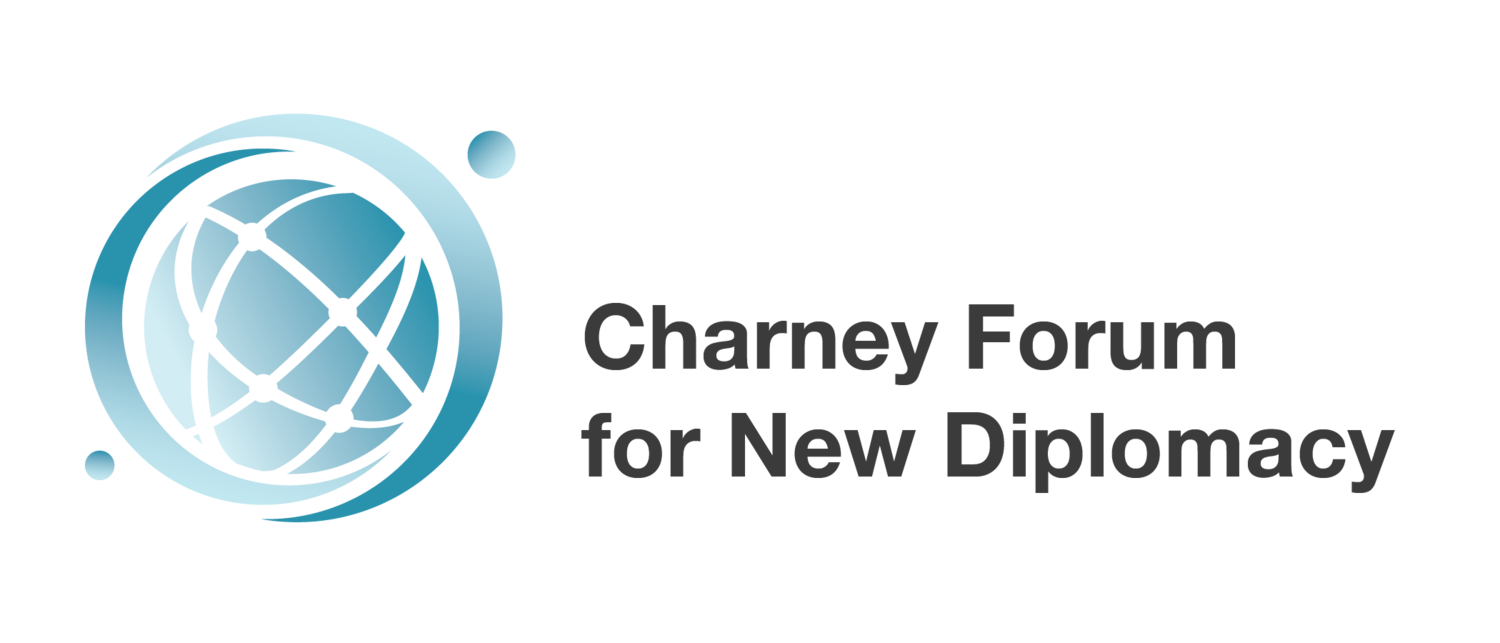In a relationship with Israel… It's complicated!
October-December, 2020
A unique seven-session series for HaMachon LeMadrichim, a program of The Jewish Agency for Israel, for the development of youth leadership and strengthening of Jewish communities around the world. Through a series of meaningful encounters and conversations, participants receive a glimpse into the diverse, multifaceted and beautiful mosaic that is Israel.
In one of our sessions, on November 2, we discussed narratives of the Israeli-Palestinian conflict. In an effort to authenticate the session, we conducted a meaningful encounter between our participants and three Palestinians of their age. Fadi, Leen and Kevo shared their experiences as residents of Jerusalem, their daily challenges, and their hope for a better future.
A Personal Perspective
Fadi Murad, 20 years-old from Jerusalem, a graduate of the Jerusalem School in East Jerusalem, currently attending ‘The School of Visual Theater’ in West Jerusalem, shares his thoughts about the conversation:
”I was with two friends, Kevo and Leen, on our way to meet a group of Israelis and Americans to discuss topics of Palestinian and Israeli life, which later turned into a conversation. We met the two coordinators of the program, Noa and Maya who made an effort to bridge the gap and bring up what are considered to be sensitive topics to light. They were showing interest and providing knowledge if anyone in the group was either misinformed or didn’t know about the topic. Their knowledge about the history in this land was exceptional as it helped provide a bit of common ground to move through our conversation.
We arrived at the school at around 4:20 PM, were welcomed by Maya and half-introduced to the students, then continued walking to an area nearby to have the chat, as it was important to have a casual meeting, rather than a formal one in a classroom. During the small walk, we exchanged names and Maya asked: “do Palestinians have the same rights as Israelis?” I didn’t know how to answer that directly, so I replied: “it’s complicated.” A slight contemplation was going on through my mind asking myself: “what should I start with? The West Bank, language, rights or freedom?” We arrived at the location and sat in a small cubicle. We introduced ourselves as Jerusalemites who consider themselves to be Palestinian, and Kevo being half Armenian. This was a shock to some in the group, the fact that we carry Israeli IDs and live in what they consider to be Israel, and still do not consider ourselves as being Israeli. We then explained that we were born and raised as Arabs, speak Arabic, eat Arabic dishes, and rarely spend time with other Israelis, unless it was school related. Thus, we never had or will have the tendency to lean towards an Israeli identity, personally speaking of course, there are many exceptions.
Another question was asked: “were you ever arrested?” We laughed and answered “no.” An important question was asked by one of the students: “are Palestinians raised to hate Israelis?” The three of us agreed that we never grew up hating “the other side”, and afterwards directed the same question back to the group. It became clear that a majority of people from either side can grow up despising or even hating “the other side”. As Viktor Frankl once said: “there are two races of men in this world, but only these two-- the “race” of the decent man and the “race” of the indecent man.”
I would like to mention a few reasons as to why people in this region might grow up despising one another: First, the lack of encounters and communication with each other; Second, educational systems that aren’t built to support such ideas; Third, the separation wall. It wasn’t clear that everyone knew about the separation wall in the group, so we talked about how there are people which don’t receive the “privileges” Jerusalemite Arabs do. With there being an eight-foot fall in Jerusalem and it being unknown to many Israelis is something to look into.
All in all, I felt that the meeting was highly productive, many were engaged in asking questions and wanting to learn something new. It was as simple as that. Starting small and building a foundation for the future can benefit us in this situation.”
PHOTOS
